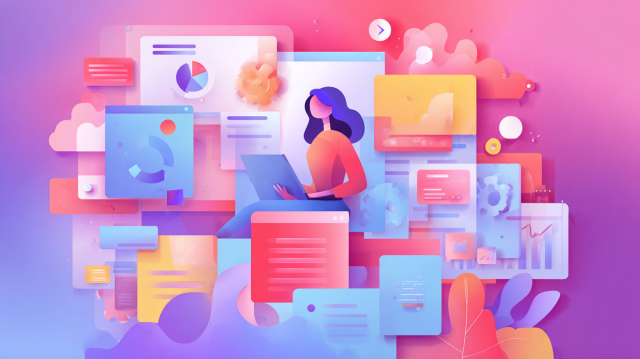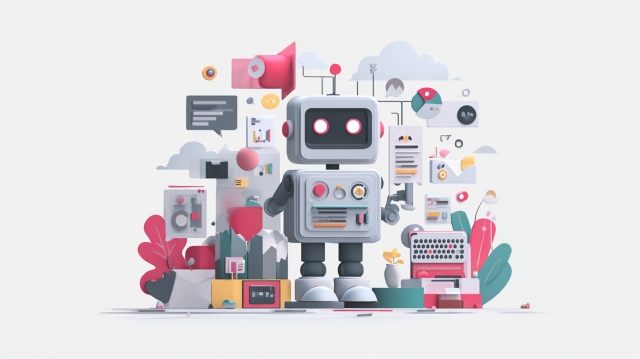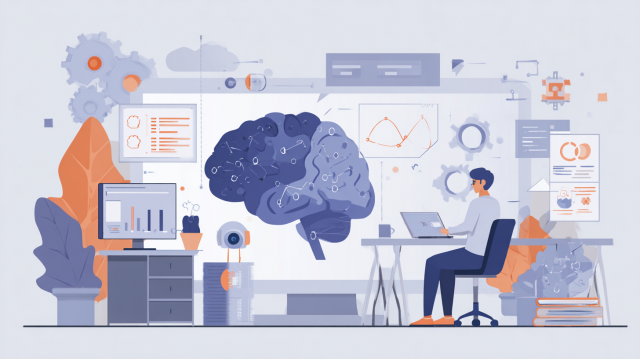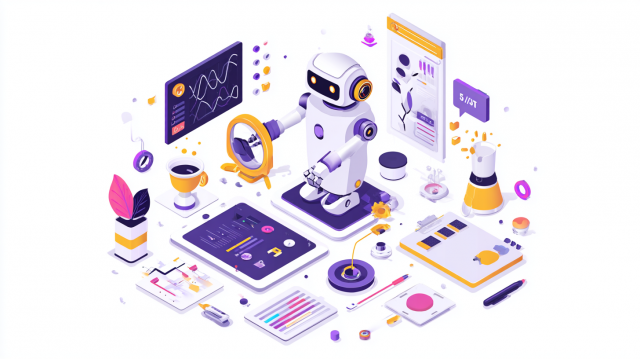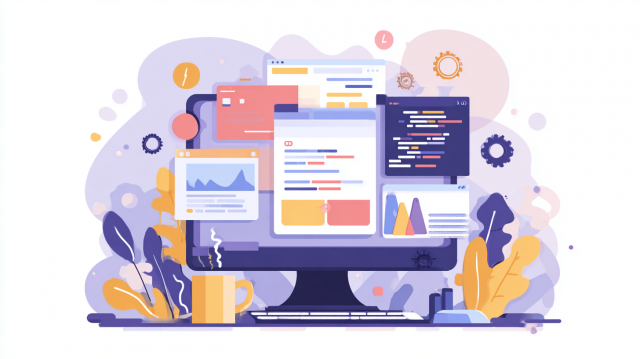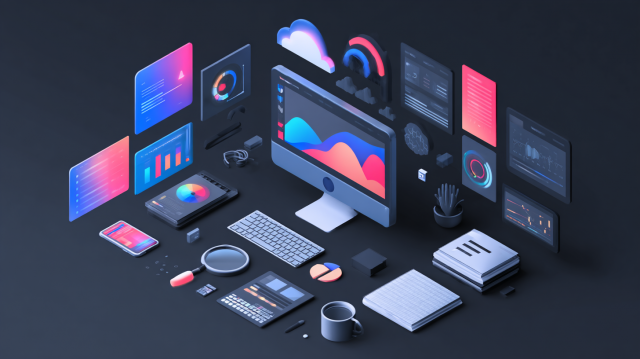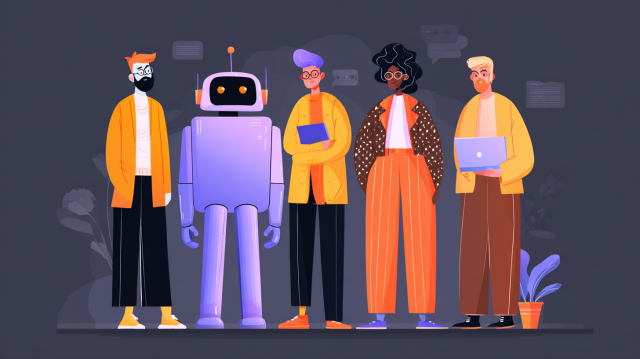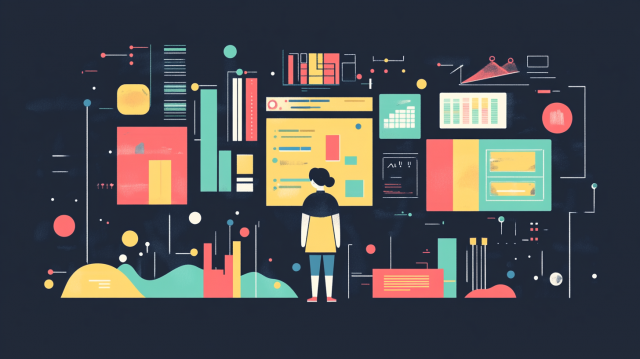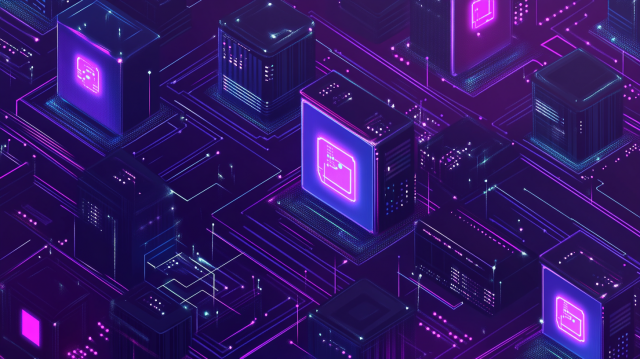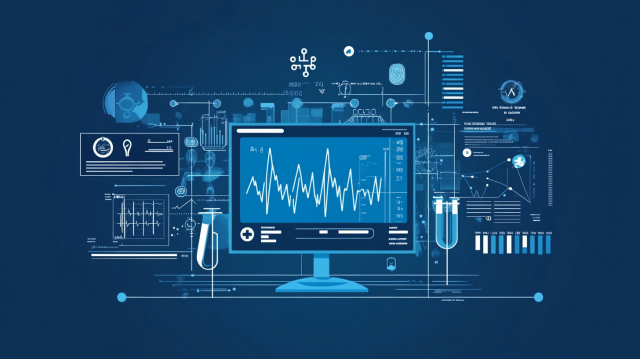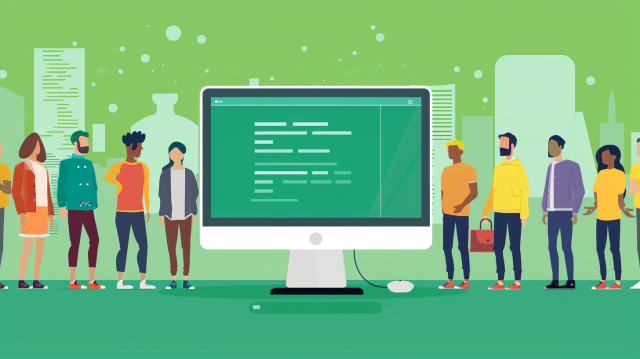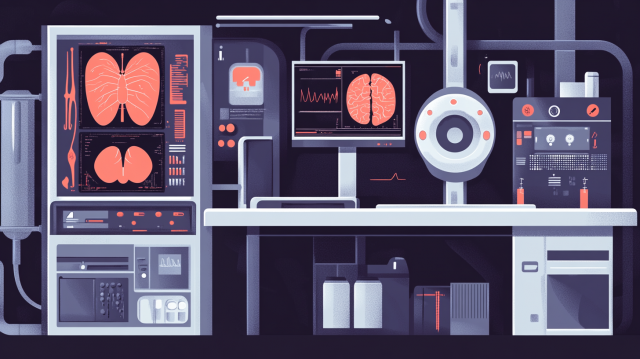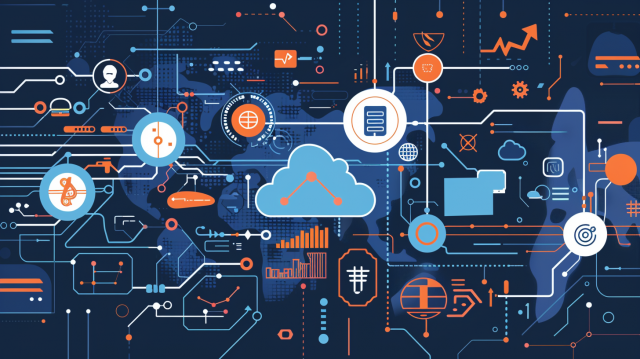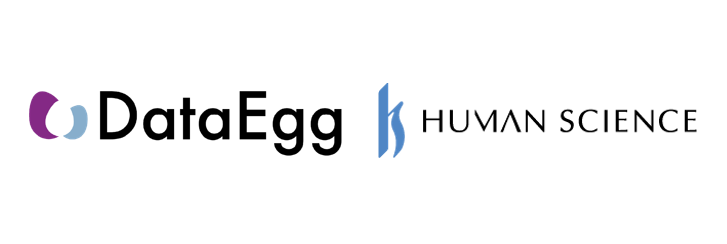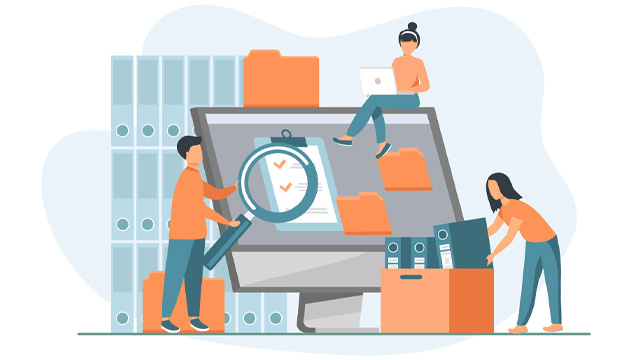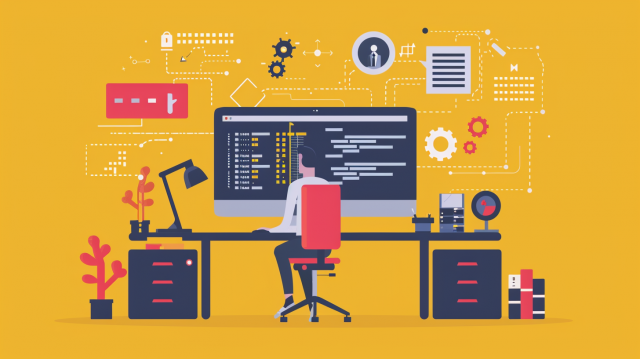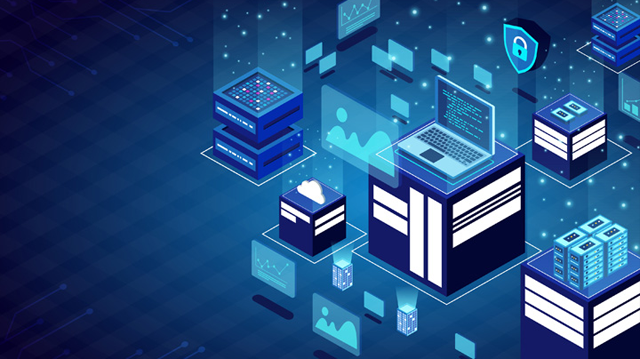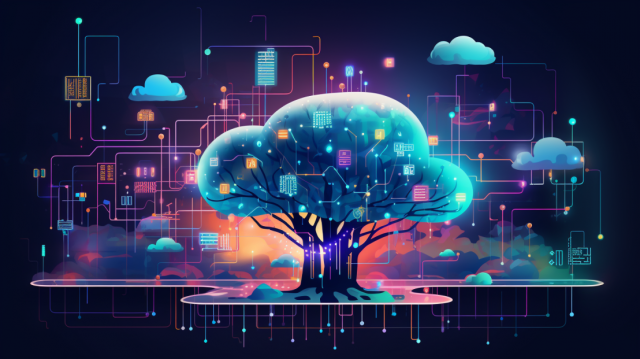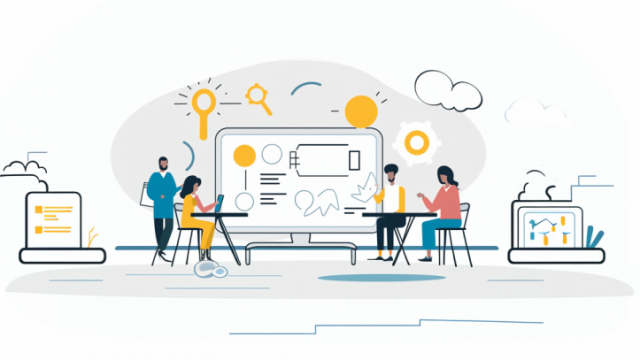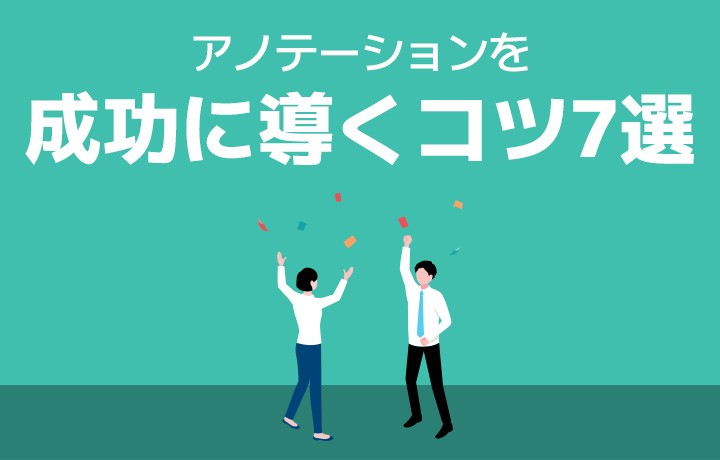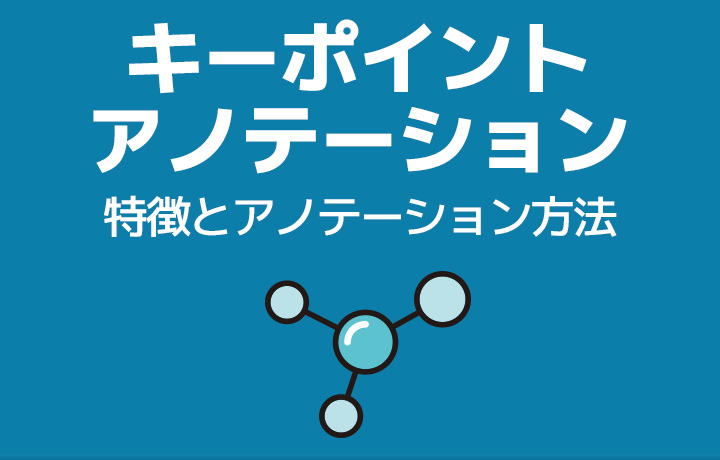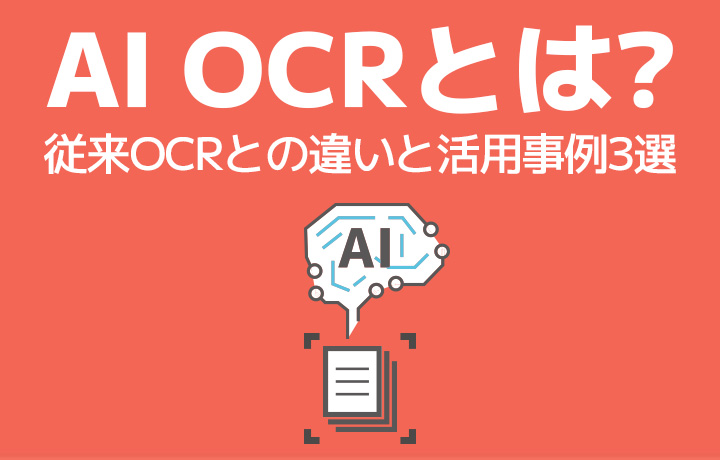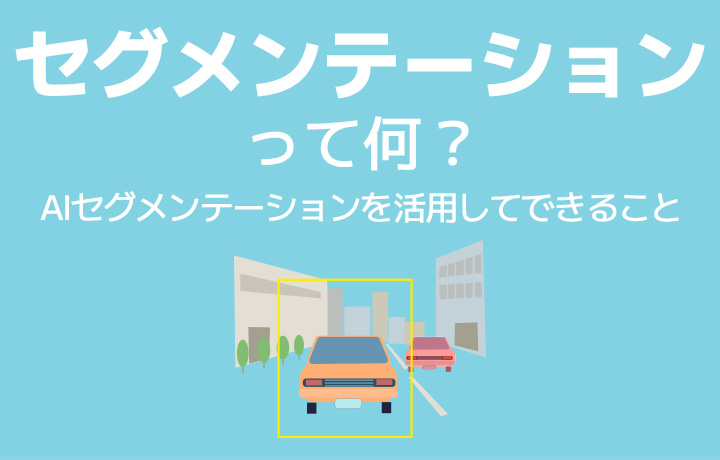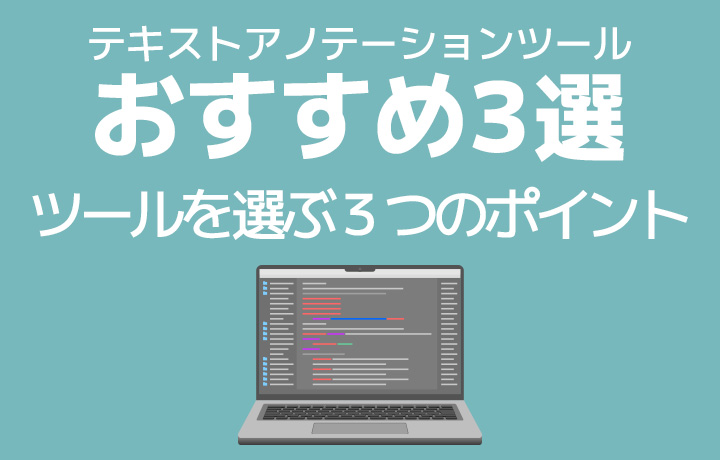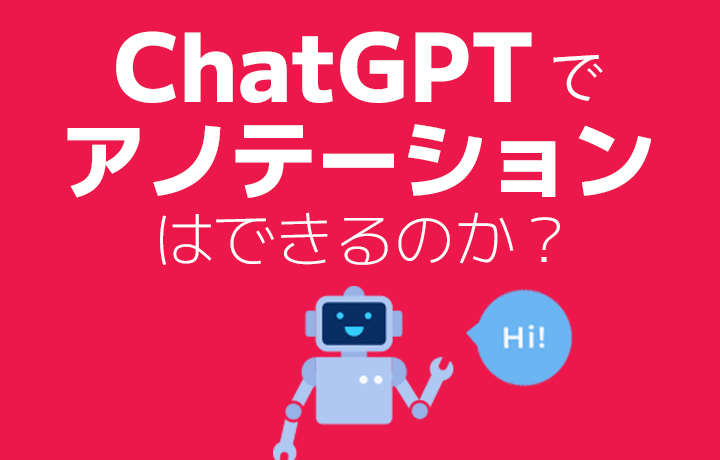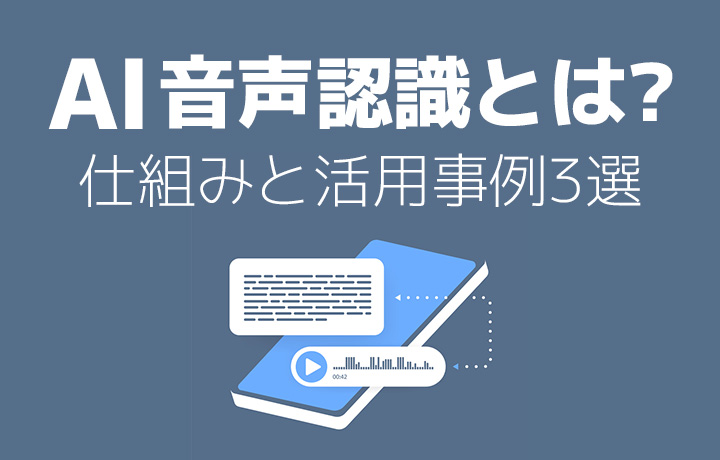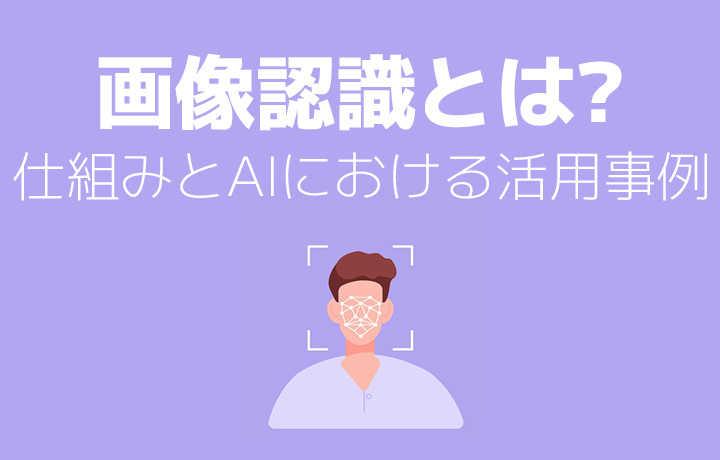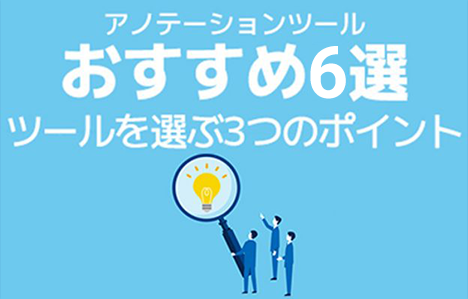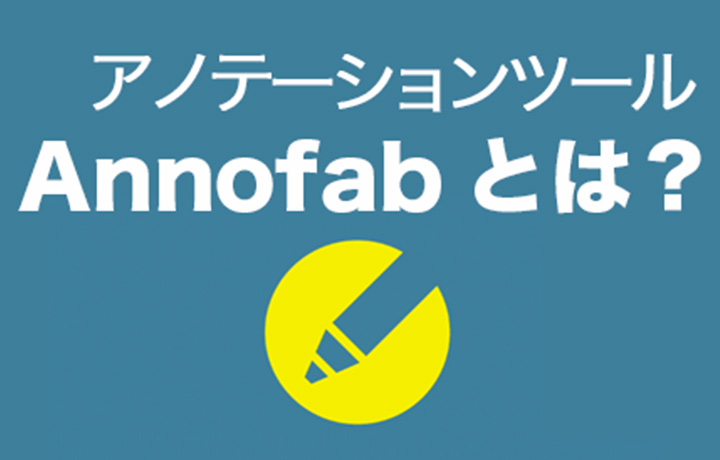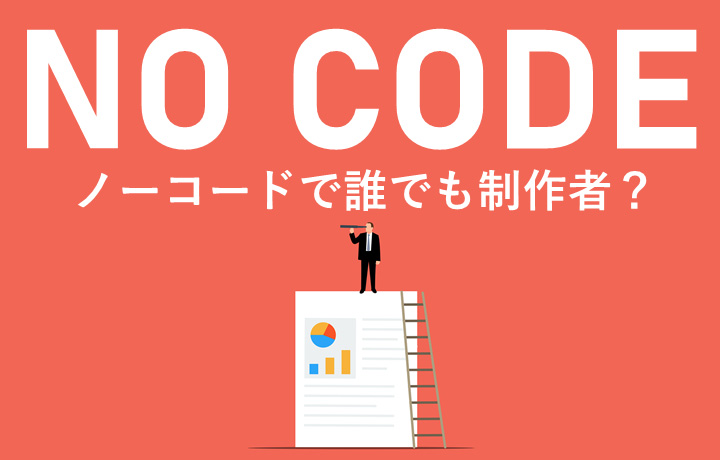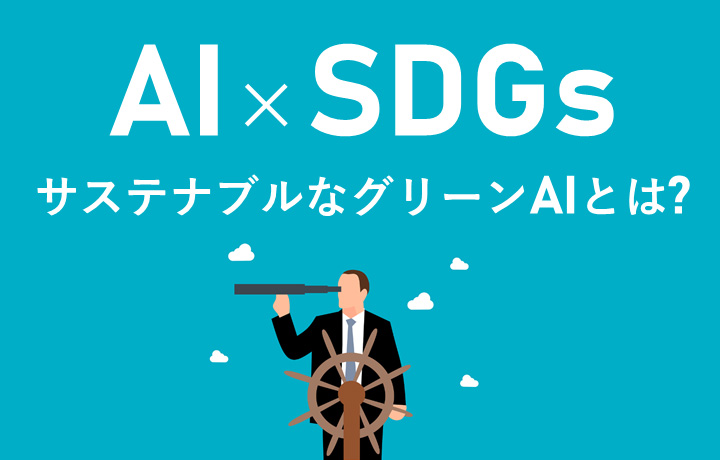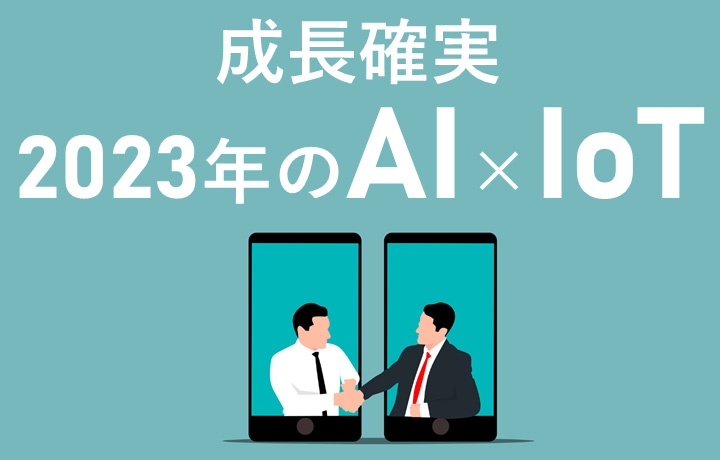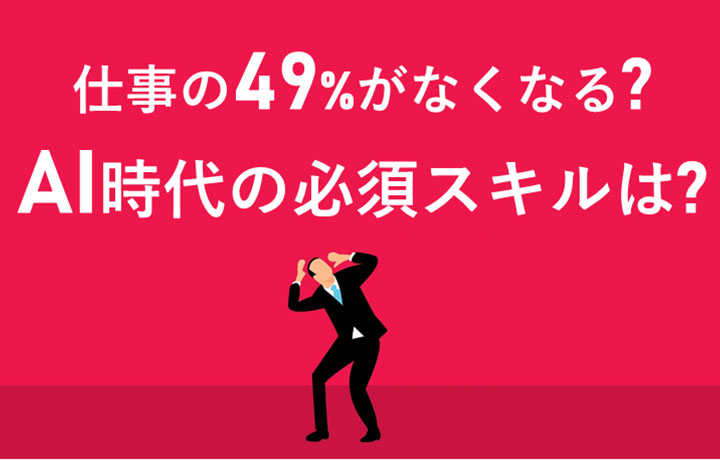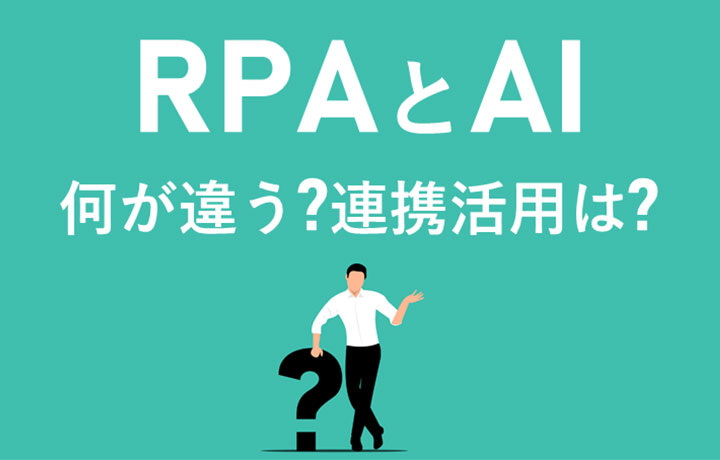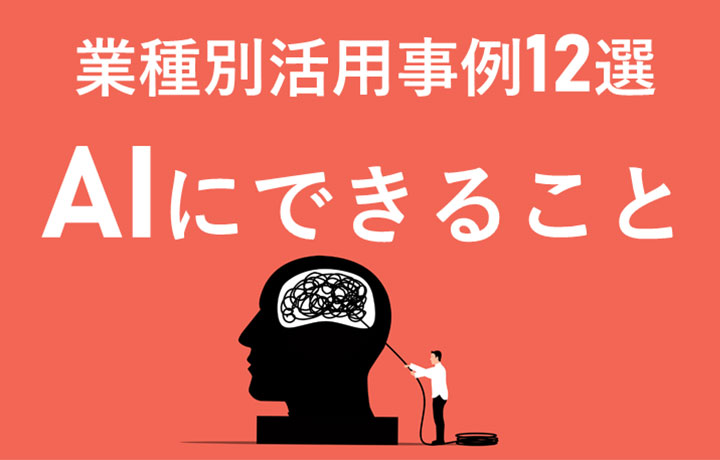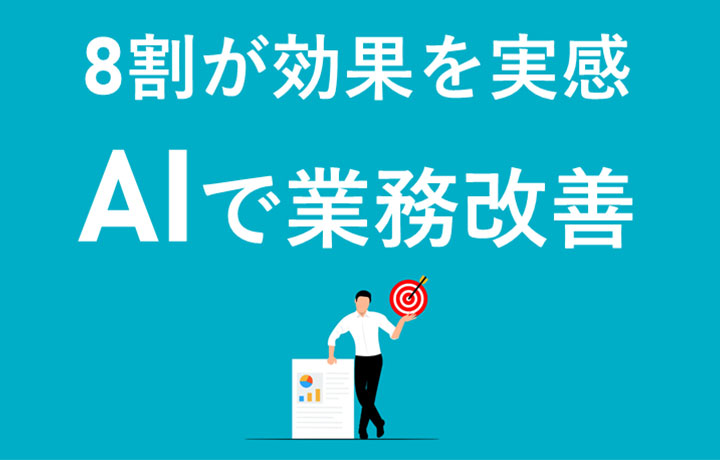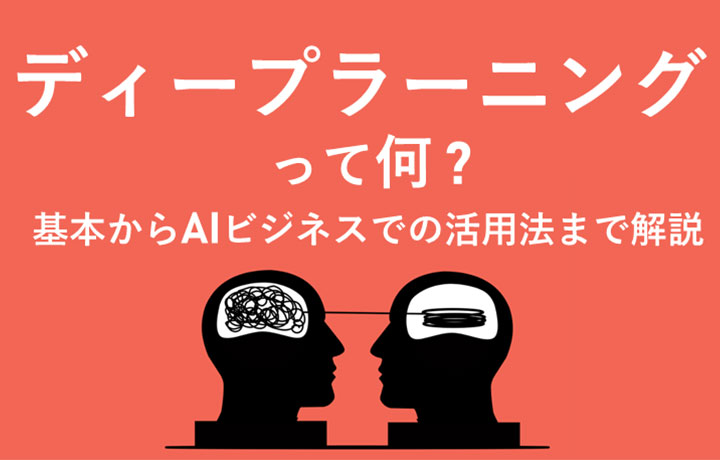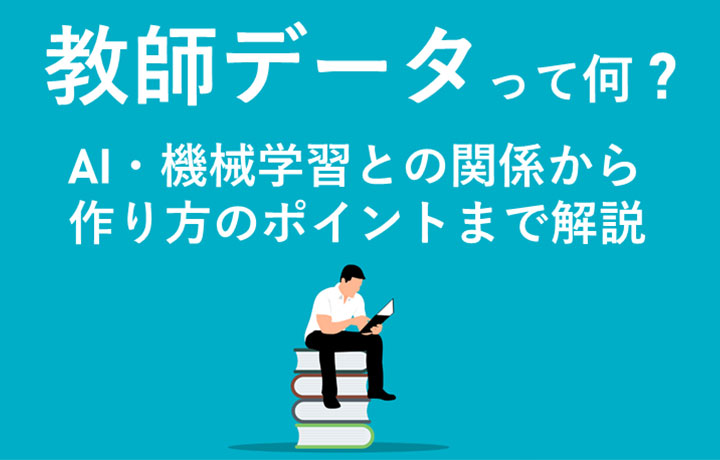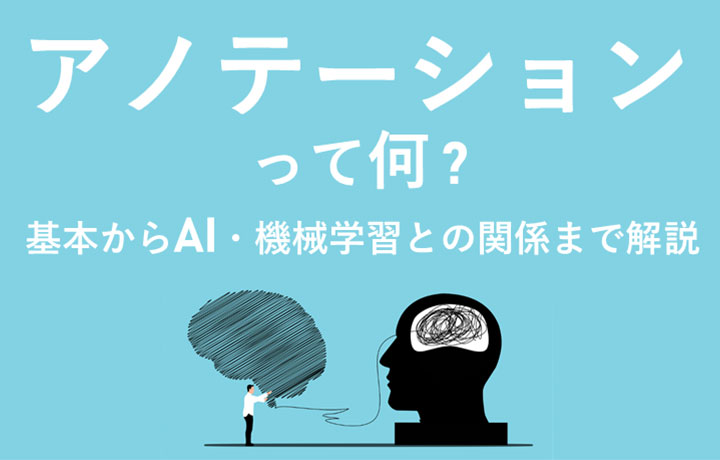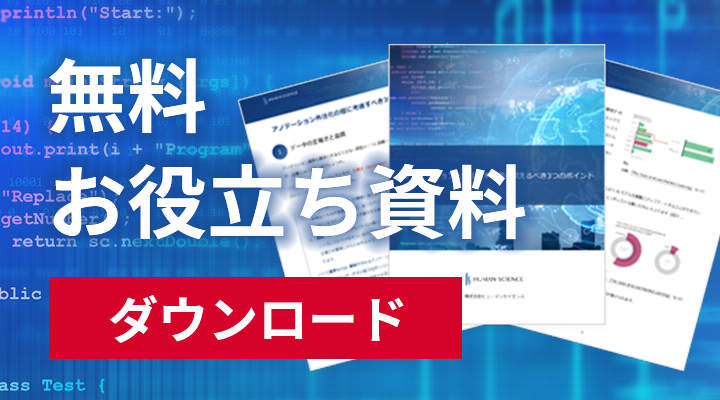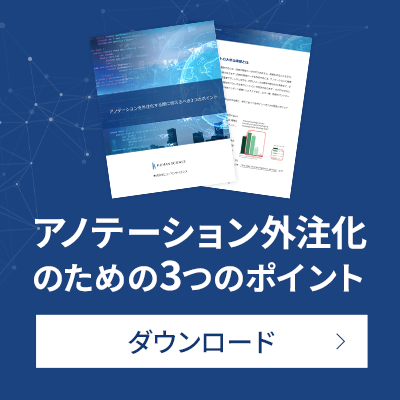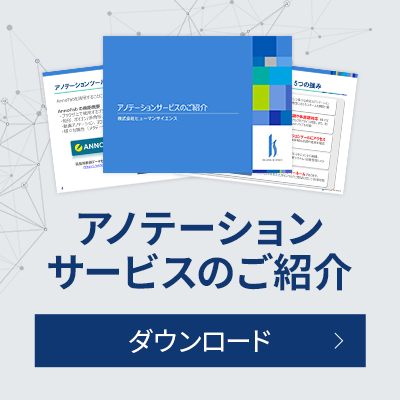
With the advancement of AI, the areas where AI is utilized are increasingly expanding. For AI to correctly recognize data based on its purpose, learning is necessary. There are methods of learning such as "supervised learning," "unsupervised learning," and "reinforcement learning." In "supervised learning," annotation work is performed to create training data. Annotation requires a large amount of training data to be created by human hands, which can become a bottleneck in terms of time and cost during AI development. If it is difficult to perform annotation work in-house, utilizing an annotation outsourcing service is one option to improve efficiency. This time, we will explain the points to consider when choosing an outsourcing service company.
- Table of Contents
-
- 1. What is Annotation?
- 2. Reasons for the Increasing Demand for Annotations
- 3. Common Challenges of Annotations
- 3-1. Time and manpower required
- 3-2. Quality control and progress management are essential
- 3-3. Securing talent and improving efficiency is labor-intensive
- 4. Benefits of Using Annotation Proxy Services
- 4-1. Able to Focus on Development Tasks
- 4-2. Labor costs can be reduced
- 4-3. Ensuring the Quality of Teacher Data
- 5. Points to Consider When Choosing an Annotation Service
- 5-1. Achievements
- 5-2. Quality
- 5-3. Areas of Expertise and Strengths
- 5-4. Progress Confirmation and Sharing
- 5-5. Cost
- 5-6. Security
- 6. Summary
- 7. Human Science Annotation Agency Services
1. What is Annotation?
Annotation originally means "note" or "comment" in English. In AI development, it refers to the process of adding information to the "objects to be recognized" within data such as text, audio, images, and videos to create training data. This process of creating training data is called annotation. The training data is used for AI learning.
2. Reasons for the Increasing Demand for Annotations
With the advancement of learning technologies such as deep learning and AI, environments have been established that can learn various types of data, including big data, with high precision. The scope of AI utilization is expanding, and along with that, the need for training data for learning is also increasing. This can be said to be the reason for the growing demand for annotation.
3. Common Challenges of Annotations
When performing annotations in-house, it can impose a burden on the original AI development tasks and hinder the smooth progress of AI development projects. Here, we will look at three factors related to this.
3-1. Time and manpower required
For any type of annotation, annotators manually add information (tagging) to each piece of data. There is a need to annotate large amounts of data, ranging from thousands to tens of thousands, and it can take several weeks to months to complete all the data. Annotators are required to have not only the patience to continue monotonous and tedious work for long hours but also the understanding to accurately perform tasks by comprehending work instructions and specifications. While programming skills and knowledge of AI are not essential, it is not a task that anyone can easily do. Depending on the difficulty of the annotation, there may be a training period established for skill acquisition before the actual work begins. Thus, annotation requires both a significant amount of work time and suitable resources.
3-2. Quality control and progress management are essential
If there are discrepancies in recognition by annotators or mistakes in annotations, the quality of the training data will not meet the standards, leading to a decrease in AI recognition accuracy. It is necessary to manage quality by checking whether the work instructions and specifications are accurately reflected in the work data. Annotation work is time-consuming and may involve handling vast amounts of data and personnel, making proper progress management essential. If there are delays, it will naturally impact the schedule of AI development.
3-3. Securing talent and improving efficiency is labor-intensive
In this way, managing progress without compromising quality in annotation work, which requires a tremendous amount of time and manpower, is quite labor-intensive. Even when trying to gather appropriate resources, there are often cases where recruitment does not proceed as expected, and having personnel in-house involves both effort and cost. Additionally, while using tools equipped with automatic annotation features and progress management functions can achieve some level of efficiency, it is still unavoidable that a significant amount of time is spent on management and annotation work.
4. Benefits of Using Annotation Proxy Services
The benefits of using annotation services for AI development companies include the ability to focus on core AI development tasks by outsourcing a large amount of annotation work, as well as the advantage of reducing labor costs and management expenses for annotators.
4-1. Able to Focus on Development Tasks
AI engineers will no longer be burdened with annotation tasks and will be able to focus on their core development work.
4-2. Labor costs can be reduced
By securing dedicated personnel for annotation in-house, in addition to the labor costs, there will also be management costs for human resources and labor. Furthermore, even if personnel are secured, it does not always mean that annotation work will continuously occur. If there are gaps in operation, unnecessary costs may arise depending on the employment type. By requesting a service provider, you can secure annotators according to the necessary period, which helps to reduce labor costs and waste.
4-3. Ensuring the Quality of Teacher Data
Annotation is primarily a manual task that involves a significant amount of work and requires patience. Although it may seem simple, it surprisingly requires a lot of experience. To ensure quality in this context, it is necessary to properly manage the annotators' work, data checks, and personnel development, as well as to have the specific know-how and experience unique to annotation tasks. By outsourcing the work to a service company with extensive annotation experience, you can obtain more stable quality training data.
5. Points to Consider When Choosing an Annotation Service
When choosing an annotation outsourcing service, select a company that aligns with the purpose of AI development, your various requirements, and your workflow. Here, we will explain the key points for selecting a company, such as whether they have a track record in annotation and if they can meet the desired quality.
5-1. Achievements
Annotations are performed on various types of data such as images, text, videos, and audio. Some outsourcing services may specialize in specific types of annotations, such as image annotation, so it is important to check whether they have experience in the type of annotation that fits your company's needs. If they have a wealth of experience in this area, they should be able to accommodate your annotation requests.
5-2. Quality
It is important to ensure the quality of annotations. Whether data can be created according to the work instructions and specifications greatly affects the subsequent AI development process. To avoid situations where the delivered training data does not meet expectations as a result of the work request, it is reassuring to have trials and partial deliveries for quality confirmation. Additionally, let's check what kind of systems and structures are in place to ensure quality, such as methods for checking data, dissemination of information related to specifications, and thoroughness methods.
5-3. Areas of Expertise and Strengths
Annotation refers to various types of data such as images, videos, audio, and text. Depending on the outsourcing service company, there may be cases where they have experience in image annotation but not in text annotation.
Furthermore, in the case of images, there may be instances where high-level annotation experience is required depending on the field. For example, in medical imaging annotation, the presence or absence of such annotation experience can significantly impact quality and productivity. It is important to verify whether the strengths and specialties of the outsourcing service align with your company's annotation requirements.
5-4. Progress Confirmation and Sharing
It can be concerning if you don't know the status from the start of the work until delivery. You may wonder if you can check and share the progress status, or whether they can accommodate partial deliveries during the work. These are also key points to consider. If they use a tool that allows you to check the progress online, you can directly access and understand the situation, so let's confirm whether they are using such tools.
5-5. Cost
The cost of annotation services varies by the outsourcing company. Let's request a quote to compare how much we can reduce costs compared to conducting annotations in-house. Also, don't forget to obtain quotes from multiple companies under the same conditions, such as the method of checking, to compare the outsourcing service providers.
5-6. Security
Let's check whether we can handle data with a high level of security. Depending on the security level, we should confirm whether the company can accommodate not only remote work but also work in a security room, as well as on-site or client-site work. Additionally, it is essential to verify if the company has a robust information security and personal information management system in place, and what kind of security training is provided to the workers. A company with comprehensive security measures is ideal.
6. Summary
Annotation is a necessary process in AI development, but when conducting annotation in-house, engineers must engage in tasks other than development to secure resources, quality, and deadlines. By choosing an annotation outsourcing service, you can focus on your core business, which will lead to better results in your AI development projects.
7. Human Science Annotation Agency Services
Over 48 million pieces of training data created
At Human Science, we participate in AI model development projects across various industries, including natural language processing, medical support, automotive, IT, manufacturing, and construction. To date, we have provided over 48 million high-quality training data through direct transactions with many companies, including GAFAM. We handle a wide range of annotation projects, from small-scale projects to long-term large-scale projects with 150 annotators, regardless of the industry. If your company wants to implement AI models but doesn't know where to start, please feel free to consult with us.
Resource management without crowdsourcing
At Human Science, we do not use crowdsourcing. Instead, projects are handled by personnel who are contracted with us directly. Based on a solid understanding of each member's practical experience and their evaluations from previous projects, we form teams that can deliver maximum performance.
Utilizing the latest data annotation tools
One of the annotation tools introduced by Human Science is AnnoFab, which lets you receive progress checks and customer feedback on the cloud, even while the project is ongoing. By ensuring that work data cannot be saved on local machines, we demonstrate appropriate security measures.
Secure room available on-site
At Human Science, we have a security room that meets ISMS standards within our Shinjuku office. This allows us to handle even highly confidential projects on-site while ensuring security. We consider the protection of confidentiality to be extremely important for all projects. Our staff undergoes continuous security training, and we exercise the utmost caution in handling information and data, even for remote projects.

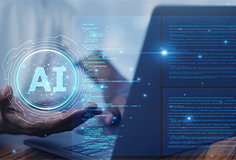 Text Annotation
Text Annotation Audio Annotation
Audio Annotation Image & Video Annotation
Image & Video Annotation Generative AI, LLM, RAG Data Structuring
Generative AI, LLM, RAG Data Structuring
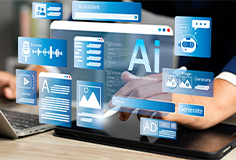 AI Model Development
AI Model Development In-House Support
In-House Support For the medical industry
For the medical industry For the automotive industry
For the automotive industry For the IT industry
For the IT industry For the manufacturing industry
For the manufacturing industry


